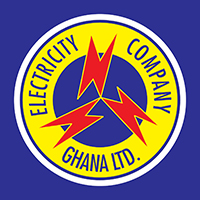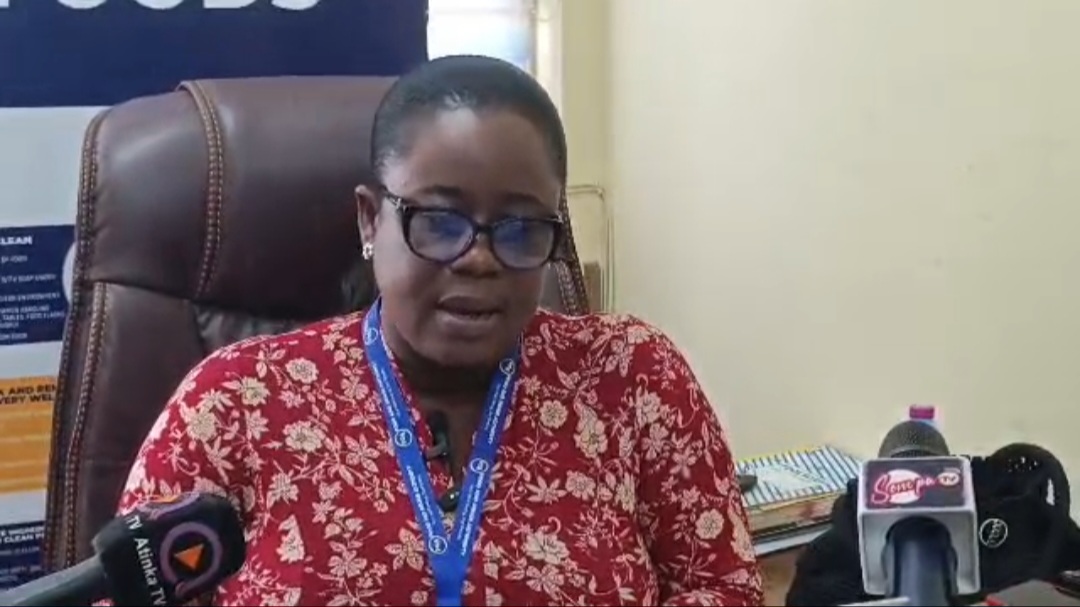ECG Calls For Fair Adjustment In Distribution Charges Amid Cost Pressures

The Electricity Company of Ghana (ECG) has defended its proposal for a 225% increase in its distribution service charge, stressing that the adjustment is necessary to sustain efficient power delivery and improve service quality across the country.

Speaking at the Public Utilities Regulatory Commission (PURC) public hearing in Takoradi as part of the 2025–2029 multi-year tariff review process, Mr. William Boateng, Director of Communications at ECG, clarified that the proposed increase has been misunderstood by many.

He explained that the figure does not represent a direct 225% hike in consumer tariffs, but rather an adjustment to one of the key components that determine the final electricity tariff.

He emphasized that the adjustment is critical for ECG to maintain reliability, replace aging infrastructure, and expand access to power in growing communities.

Madam Linda Baah, Manager for Market Operations at GRIDCo, explained that the company is proposing to increase its current cost of transmission from 7.29 pesewas per kilowatt-hour to 12.97 pesewas per kilowatt-hour — a 77% increase.

She stated that the request is aimed at ensuring that GRIDCo has adequate revenue to undertake critical investments to expand the country’s transmission capacity and improve power reliability.

She added that the proposed adjustment will enable GRIDCo to efficiently evacuate power from generating companies to meet the nation’s growing electricity demand, while maintaining system stability and performance standards expected of the company.

Nana Yaa Jantuah, a presidential staffer and commissioner of the Public Utilities Regulatory Commission (PURC), emphasized that utilities have not been fair in their communication with consumers.
She explained that the complaints received by the PURC indicate that customers often lack a full understanding of what they purchase, underscoring the need for better public engagement and transparency from utility providers.

She further noted that the core mandate of the PURC is to regulate public utility services to ensure quality, fairness, and transparency for consumers while supporting the financial viability of service providers.

This includes setting and approving utility rates, monitoring performance standards, protecting the interests of consumers and providers, promoting fair competition, and resolving complaints related to electricity and water services.
Story by Nana Fynn@W/R.



